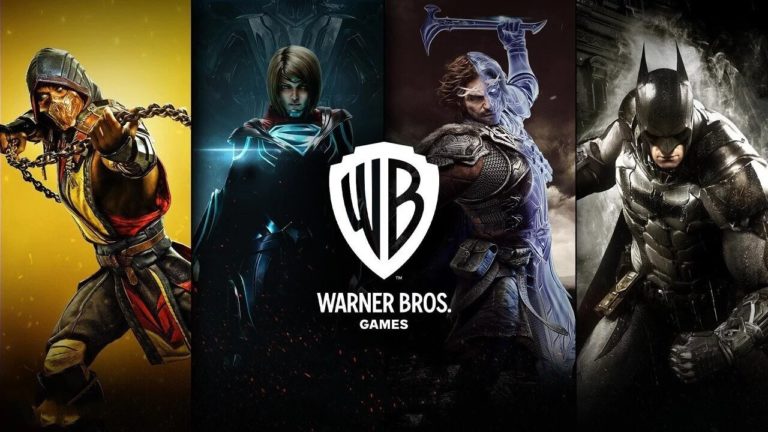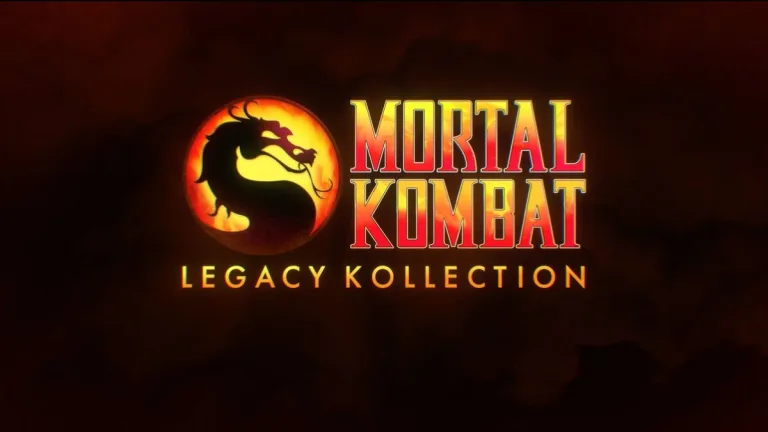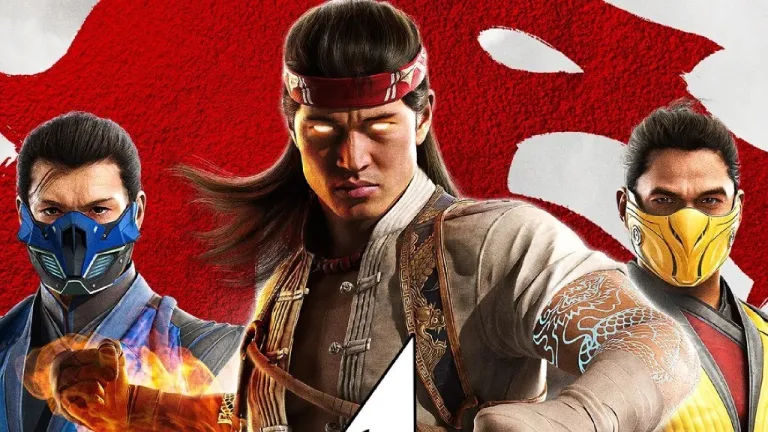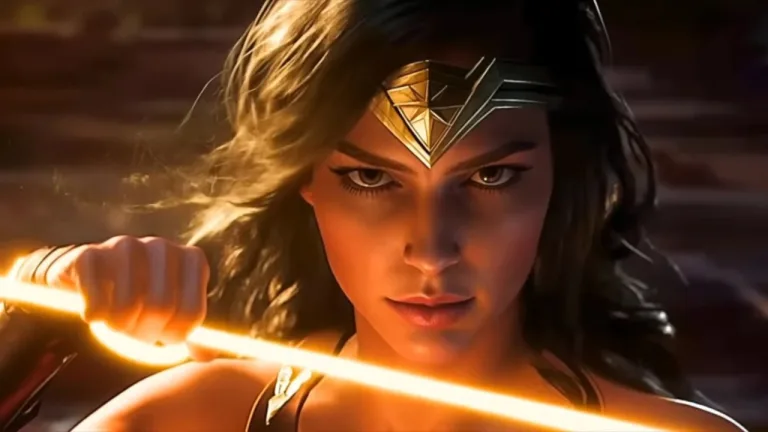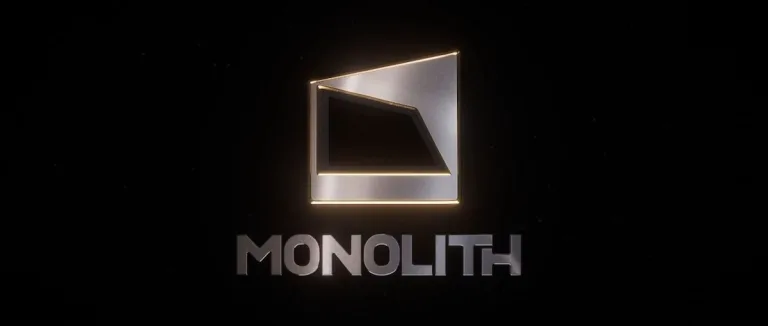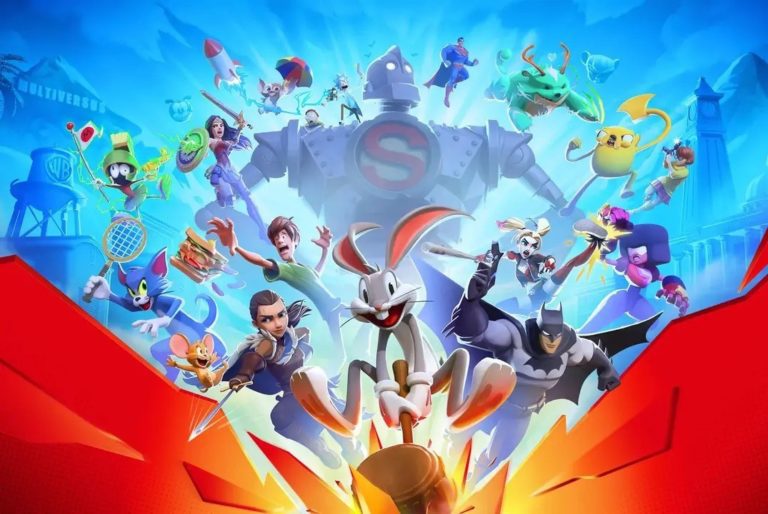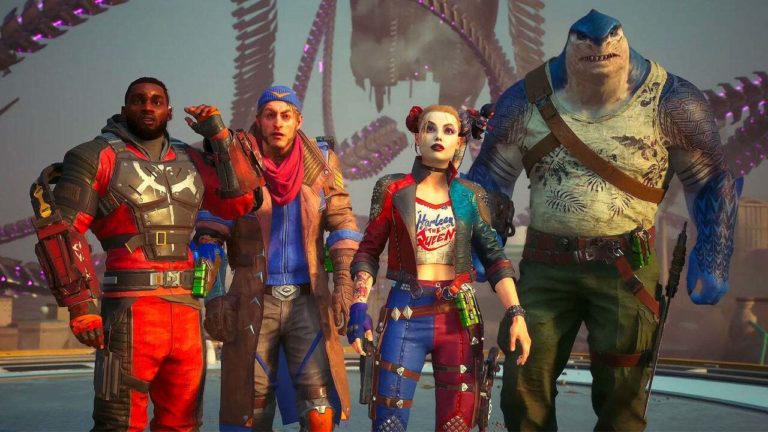In a surprising yet strategic move, Warner Bros. Discovery (WBD) has announced its decision to split into...
WB Games
The world of Mortal Kombat has always been defined by its gritty, no-holds-barred approach to combat—a legacy...
For Mortal Kombat fans, the journey through the brutal and cinematic world of Mortal Kombat 1 has...
Discover the shocking details behind the WB Games Studios Shutdown and its massive impact on the gaming...
In the ever-evolving world of video games, few stories are as intriguing and heart-wrenching as that of...
The recent closure of Monolith Productions, along with Player First Games and Warner Bros. Games San Diego,...
WarnerMedia, now part of Warner Bros. Discovery, recently released its earnings report for the fourth quarter of...
Depending on how you see it, this will come either a surprise or something to be on...
Warner Bros. Games President David Haddad has announced his departure from the company after 12 years of...
In a significant update from Rocksteady Studios, the developers have announced that the current season of Suicide...


